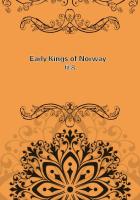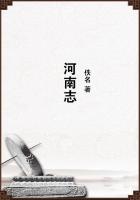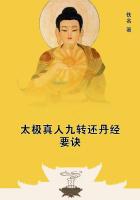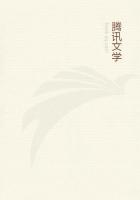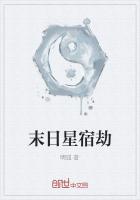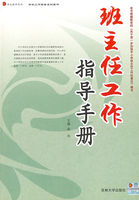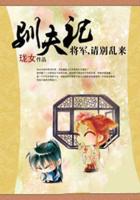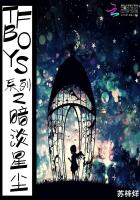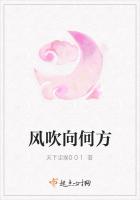[16] "I have founded this institution for my equals and for those beneath me, it is intended for rulers and subjects, for soldiers and for the emir, for great and small, freemen and slaves, men and women." "He ordered medicaments, physicians and everything else that could be required by anyone in any form of sickness; placed male and female attendants at the disposal of the patients, determined their pay, provided beds for patients and supplied them with every kind of covering that could be required in any complaint. Every class of patient was accorded separate accommodation: the four halls of the hospital were set apart for those with fever and similar complaints; one part of the building was reserved for eye-patients, one for the wounded, one for those suffering from diarrhoea, one for women; a room for convalescents was divided into two parts, one for men and one for women. Water was laid on to all these departments. One room was set apart for cooking food, preparing medicine and cooking syrups, another for the compounding of confections, balsams, eye-salves, etc. The head-physician had an apartment to himself wherein he delivered medical lectures. The number of patients was unlimited, every sick or poor person who came found admittance, nor was the duration of his stay restricted, and even those who were sick at home were supplied with every necessity."--Makrizi.
"In later times this hospital was much extended and improved. The nursing was admirable and no stint was made of drugs and appliances; each patient was provided with means upon leaving so that he should not require immediately to undertake heavy work."
Neuburger: History of Medicine, Vol. 1, p. 378.
It was in the domain of chemistry that the Arabs made the greatest advances. You may remember that, in Egypt, chemistry had already made considerable strides, and I alluded to Prof.
Elliot Smith's view that one of the great leaps in civilization was the discovery in the Nile Valley of the metallurgy of copper.
In the brilliant period of the Ptolemies, both chemistry and pharmacology were studied, and it seems not improbable that, when the Arabs took Alexandria in the year 640, there were still many workers in these subjects.
The most famous of those early Arabic writers is the somewhat mythical Geber, who lived in the first half of the eighth century, and whose writings had an extraordinary influence throughout the Middle Ages. The whole story of Geber is discussed by Berthelot in his "La chimie au moyen age" (Paris, 1896). The transmission of Arabian science to the Occident began with the Crusades, though earlier a filtering of important knowledge in mathematics and astronomy had reached Southern and Middle Europe through Spain. Among the translators several names stand out prominently. Gerbert, who became later Pope Sylvester II, is said to have given us our present Arabic figures. You may read the story of his remarkable life in Taylor,[17] who says he was "the first mind of his time, its greatest teacher, its most eager learner, and most universal scholar." But he does not seem to have done much directly for medicine.
[17] The Mediaeval Mind, Vol. I, p. 280.
The Graeco-Arabic learning passed into Europe through two sources. As I have already mentioned, Constantinus Africanus, a North African Christian monk, widely travelled and learned in languages, came to Salernum and translated many works from Arabic into Latin, particularly those of Hippocrates and Galen. The "Pantegni" of the latter became one of the most popular text-books of the Middle Ages. A long list of other works which he translated is given by Steinschneider.[17a] It is not unlikely that Arabic medicine had already found its way to Salernum before the time of Constantine, but the influence of his translations upon the later Middle Ages was very great.
[17a] Steinschneider: Virchow's Arch., Berl., 1867, xxxvii, 351.
The second was a more important source through the Latin translators in Spain, particularly in Toledo, where, from the middle of the twelfth till the middle of the thirteenth century, an extraordinary number of Arabic works in philosophy, mathematics and astronomy were translated. Among the translators, Gerard of Cremona is prominent, and has been called the "Father of Translators." He was one of the brightest intelligences of the Middle Ages, and did a work of the first importance to science, through the extraordinary variety of material he put in circulation. Translations, not only of the medical writers, but of an indiscriminate crowd of authors in philosophy and general literature, came from his pen. He furnished one of the first translations of the famous "Almagest" of Ptolemy, which opened the eyes of his contemporaries to the value of the Alexandrian astronomy.[18] Leclerc gives a list of seventy-one works from his hand.
[18] For an account of that remarkable work see German translation by Manitius, Leipzig, 1912.
Many of the translators of the period were Jews, and many of the works were translated from Hebrew into Latin. For years Arabic had been the learned language of the Jews, and in a large measure it was through them that the Arabic knowledge and the translations passed into South and Central Europe.
The Arab writer whose influence on mediaeval thought was the most profound was Averroes, the great commentator on Aristotle.
THE RISE OF THE UNIVERSITIES

